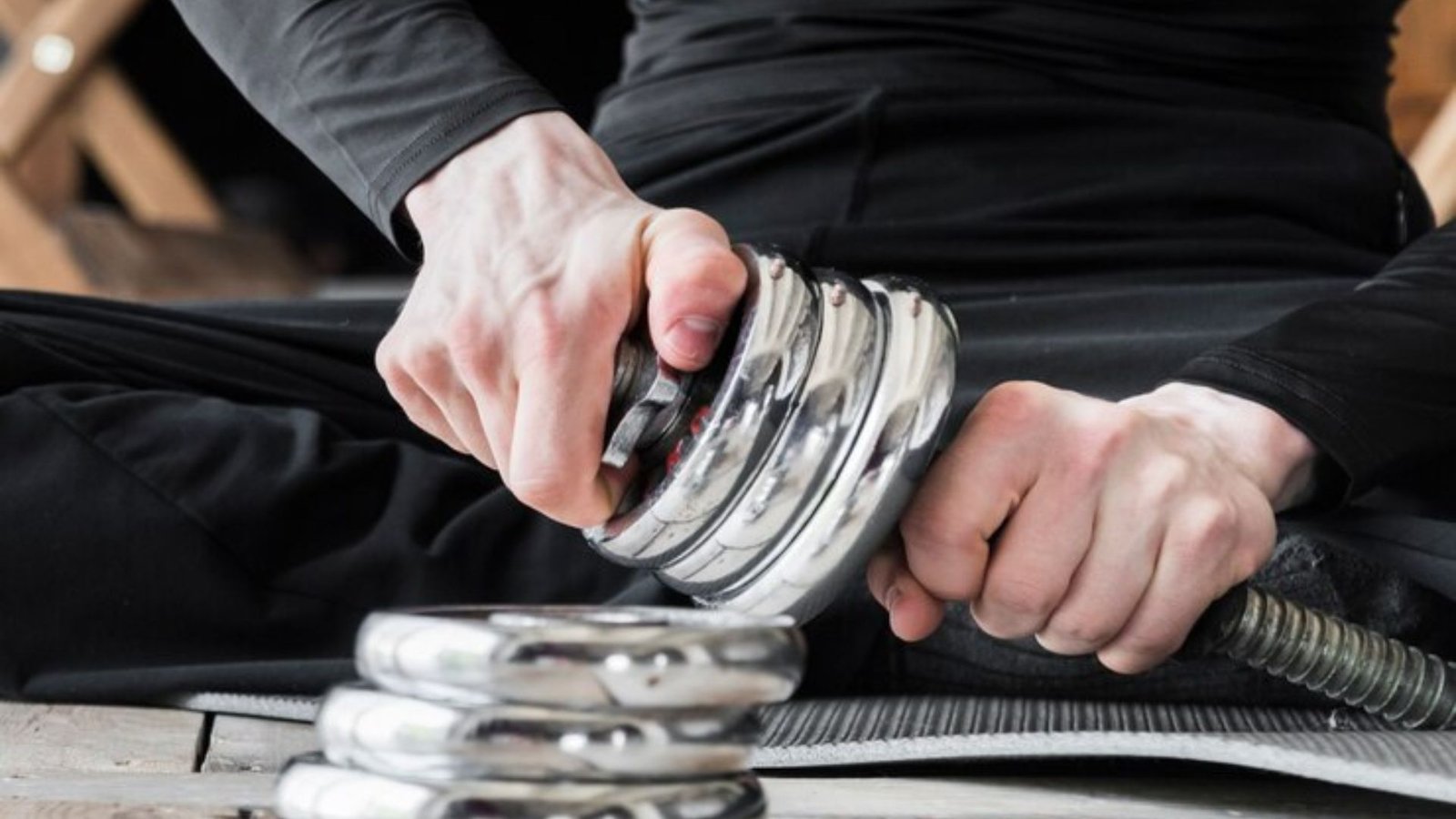Wheel bearings are a critical part of any vehicle, ensuring smooth rotation and proper handling. Without proper lubrication, wheel bearings can wear down quickly, leading to costly repairs or even dangerous driving conditions. This is where wheel bearing grease comes in. It’s specifically designed to protect, lubricate, and extend the life of your wheel bearings. But with so many options on the market, how do you know which is the best?
In this article, we’ll explore the best wheel bearing grease options, factors to consider when choosing the right grease, and tips for proper maintenance to keep your vehicle running smoothly.
Why Choosing the Right Wheel Bearing Grease Matters
Proper lubrication is essential for wheel bearings. Without it, friction builds up, leading to heat and potential damage. The right grease not only reduces friction but also protects the bearing from rust and corrosion. It helps in resisting water and moisture, preventing the bearings from seizing up and ultimately failing.
Not all wheel bearing greases are created equal, so understanding the different types and their benefits is key to ensuring that your bearings perform well and last longer. Factors like temperature range, water resistance, and compatibility with the bearing material should be considered when selecting a grease for your vehicle.
Types of Wheel Bearing Grease
When it comes to wheel bearing grease, there are several types that cater to different needs. Here are some of the most popular types:
Lithium-based Grease
Lithium-based grease is the most commonly used in automotive applications due to its versatility and high performance. It offers excellent protection against water and provides a smooth, long-lasting lubrication. Lithium-based grease is often used in light-duty and medium-duty vehicles and is a great option for general use.
Calcium-based Grease
Calcium-based grease is known for its superior water resistance and ability to protect against rust and corrosion. It’s often used in marine environments or vehicles exposed to heavy rain, making it ideal for off-road vehicles, boats, and trailers. However, it tends to perform poorly under extreme high-temperature conditions compared to lithium-based grease.
Aluminum Complex Grease
Aluminum complex grease is specifically formulated for high-temperature applications. It’s known for its high melting point, excellent water resistance, and ability to withstand extreme operating conditions. If you live in a hot climate or drive long distances at high speeds, aluminum complex grease might be the right choice for your vehicle.
Synthetic Grease
Synthetic wheel bearing grease is formulated to offer superior performance over conventional greases. It provides excellent temperature resistance, extreme pressure performance, and longer-lasting lubrication. It’s often used in heavy-duty applications or high-performance vehicles, including race cars, trucks, and other heavy-duty equipment.
Polyurea Grease
Polyurea grease is another high-performance grease that provides superior water resistance, oxidation stability, and resistance to breakdown under high temperatures. It’s often used in industrial machinery and is a great choice for vehicles operating in extreme conditions, including those that experience excessive vibration.
Factors to Consider When Choosing Wheel Bearing Grease
When choosing the best wheel bearing grease, there are several important factors to keep in mind. Let’s break them down:
Temperature Range
One of the most important factors to consider is the temperature range the grease can withstand. Bearings in vehicles that are driven in hot climates or subjected to heavy loads require grease with a higher melting point. On the other hand, vehicles operating in cooler conditions can use a grease with a lower melting point. Always check the manufacturer’s recommendations for the proper grease for your vehicle.
Water Resistance
Water resistance is crucial, especially for vehicles that operate in wet or off-road conditions. A grease that is not water-resistant can break down quickly, leading to rust and premature bearing wear. Greases with high water resistance prevent moisture from reaching the bearings, keeping them safe and functional for longer.
Load and Pressure Resistance
The load and pressure resistance of grease ensures that it can handle the stress exerted by the bearings during normal operation. For vehicles with heavy loads, like trucks or off-road vehicles, a high-load bearing grease will perform better, reducing wear and tear and increasing the lifespan of the bearings.
Compatibility with Bearing Materials
Not all wheel bearings are made from the same materials, so it’s important to select a grease that is compatible with the type of bearings in your vehicle. Some greases are better suited for steel bearings, while others work well with ceramic or other advanced bearing materials. Always check the compatibility of the grease with the bearing material to avoid damaging the components.
Top Wheel Bearing Grease Options on the Market
Now that you understand the factors to consider and the different types of wheel bearing grease, let’s take a look at some of the best options on the market.
Mobil 1 Synthetic Grease
Mobil 1 Synthetic Grease is known for its high performance in extreme conditions. It offers excellent resistance to high temperatures and provides exceptional protection against wear and corrosion. This grease is a great option for those who need superior lubrication in harsh environments.
Lucas Oil X-Tra Heavy Duty Grease
Lucas Oil X-Tra Heavy Duty Grease is a popular choice among truck drivers and those with heavy-duty vehicles. It is designed to provide superior protection for wheel bearings under high loads and extreme conditions. This grease is highly water-resistant and provides long-lasting protection, making it ideal for off-road vehicles and trucks.
CRC Marine Grease
If you own a boat or need wheel bearing grease for use in marine environments, CRC Marine Grease is an excellent choice. It is calcium-based and offers exceptional resistance to water, making it perfect for protecting wheel bearings in wet conditions. It also helps protect against rust and corrosion, even in saltwater environments.
Timken Premium Red Wheel Bearing Grease
Timken is a trusted brand in the automotive industry, and its Premium Red Wheel Bearing Grease lives up to its name. This grease is formulated to provide excellent performance in high-speed, high-temperature applications. It has a high dropping point, making it ideal for vehicles that require extreme pressure resistance.
Royal Purple High-Performance Grease
Royal Purple is known for its high-performance products, and its High-Performance Grease is no exception. This synthetic grease offers superior protection against wear, corrosion, and rust. It is designed for vehicles that require high-pressure lubrication, and it also provides excellent water resistance, making it perfect for marine and off-road vehicles.
How to Apply Wheel Bearing Grease Properly
To get the best performance from your wheel bearings, proper application of grease is essential. Here are some tips to follow:
Clean the Bearings and Housing
Before applying new grease, make sure to clean the bearings and housing thoroughly. Any old grease or dirt should be removed to avoid contamination. Use a degreaser or bearing cleaner to ensure that the surfaces are free of grime.
Apply the Grease Generously
Once the bearings are cleaned, apply a generous amount of grease to the bearing races and balls. Be sure to use the right amount, as over-greasing can lead to excess buildup, which may cause overheating.
Reassemble the Bearings
After applying the grease, reassemble the bearings carefully, ensuring they are seated correctly within the housing. For wheel hubs, ensure that the bearings are properly aligned and secure before reinstallation.
Check for Excess Grease
Once the wheel is back on, check for any excess grease. Excess grease can lead to increased friction and potential bearing failure. Remove any extra grease that may have squeezed out during the application process.
Conclusion
Choosing the best wheel bearing grease is crucial for ensuring the longevity and performance of your vehicle’s wheel bearings. Factors like temperature resistance, water resistance, and load handling should guide your decision. There are several excellent options available, including Mobil 1 Synthetic Grease, Lucas Oil X-Tra Heavy Duty Grease, and CRC Marine Grease, each catering to different needs and applications. By selecting the right grease and applying it properly, you can protect your bearings and avoid costly repairs.
ALSO READ:Silver Price FintechZoom: A Deep Dive into Market Trends and Forecasts
FAQs
Can I use any grease for my wheel bearings?
No, not all greases are suitable for wheel bearings. You should choose a grease that is compatible with your vehicle’s specific needs, considering factors such as temperature, water resistance, and load-bearing capacity.
How often should I change the wheel bearing grease?
It’s generally recommended to replace wheel bearing grease every 12,000 to 15,000 miles or during regular service intervals. However, if you frequently drive in harsh conditions, such as off-roading or marine environments, more frequent greasing may be necessary.
What happens if I don’t use enough grease on the bearings?
If you don’t apply enough grease, the bearings can experience increased friction and heat, leading to premature wear and even failure. It’s essential to apply enough grease to ensure proper lubrication.
Can I use lithium-based grease for all vehicles?
Lithium-based grease is a versatile option suitable for most vehicles. However, it’s important to ensure that the grease is compatible with the specific bearing material and environmental conditions of your vehicle. For extreme conditions, other types of grease may be more appropriate.
Can I reuse wheel bearing grease?
It’s generally not recommended to reuse old grease. When servicing wheel bearings, it’s best to clean out the old grease and replace it with fresh grease to avoid contamination and ensure proper lubrication.

